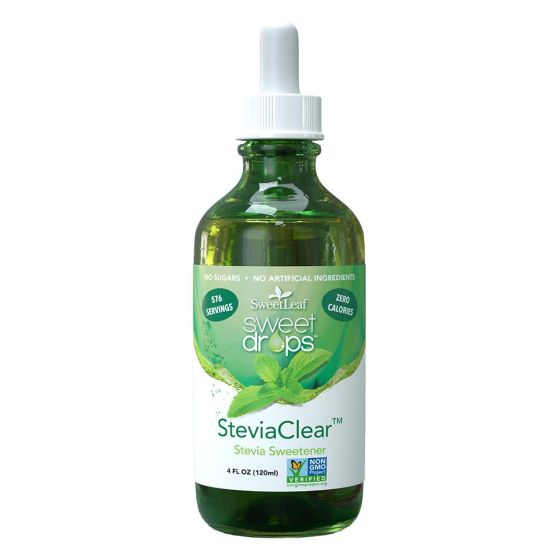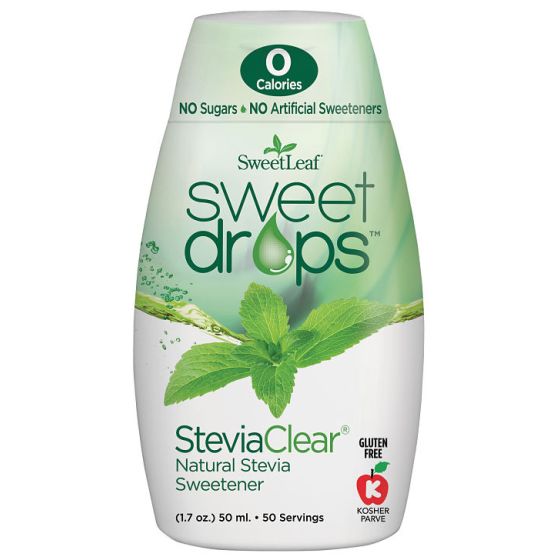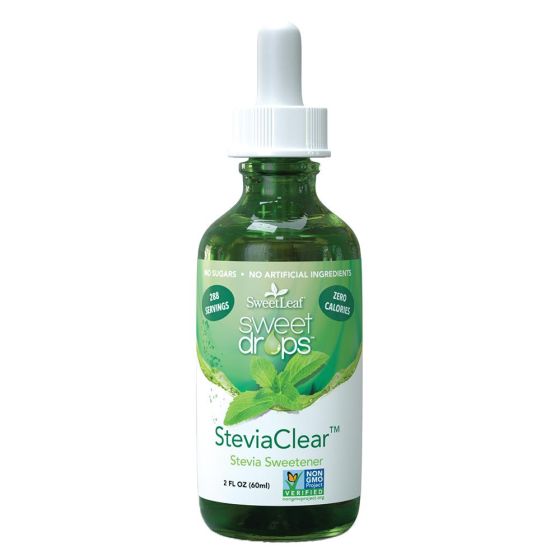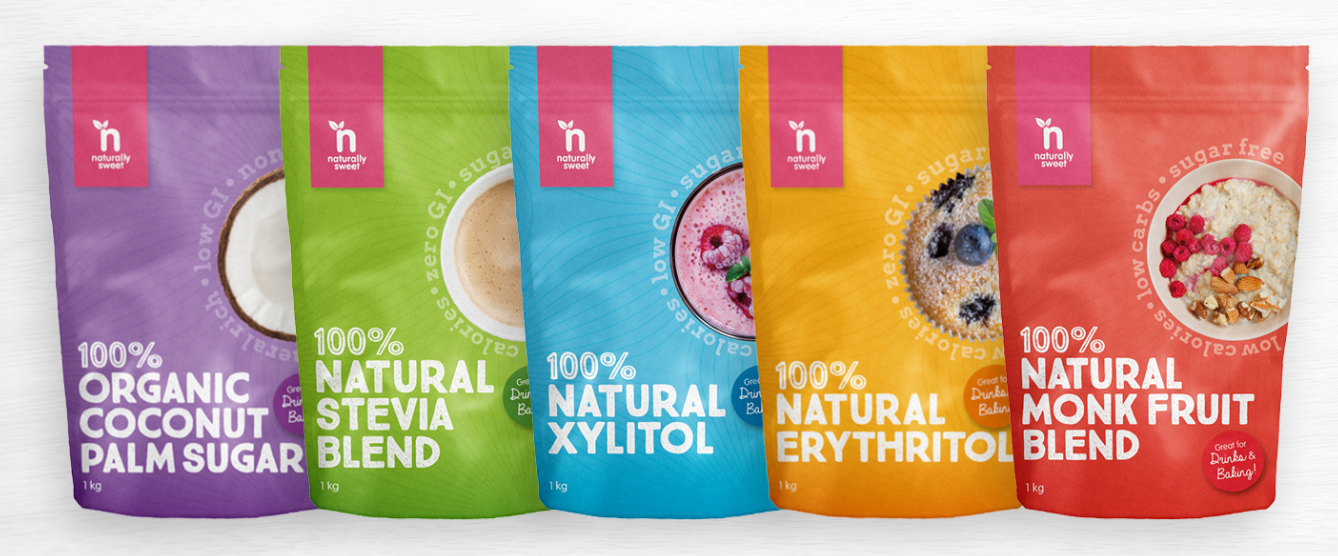54 products
-
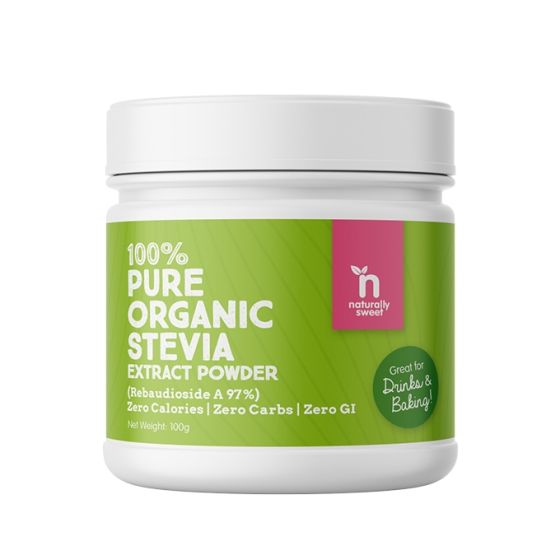 Naturally Sweet Stevia Organic RebA97 Extract Powder 100gNaturally Sweet Stevia Organic RebA97 Extract Powder 100g
Naturally Sweet Stevia Organic RebA97 Extract Powder 100gNaturally Sweet Stevia Organic RebA97 Extract Powder 100g- Regular price
-
$39.95 - Regular price
-
RRP:
$49.95 - Sale price
-
$39.95
-
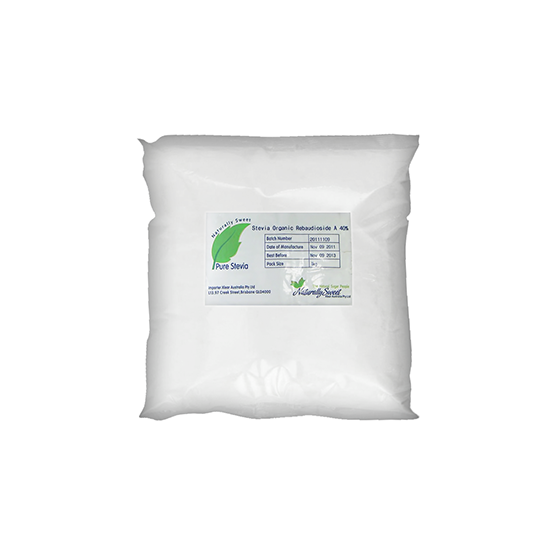 Naturally Sweet Bulk Organic Rebaudioside A 40% (OREBA40) 1000gNaturally Sweet Bulk Organic Rebaudioside A 40% (OREBA40) 1000g
Naturally Sweet Bulk Organic Rebaudioside A 40% (OREBA40) 1000gNaturally Sweet Bulk Organic Rebaudioside A 40% (OREBA40) 1000g- Regular price
-
$184.95 - Regular price
-
RRP:
$199.95 - Sale price
-
$184.95
-
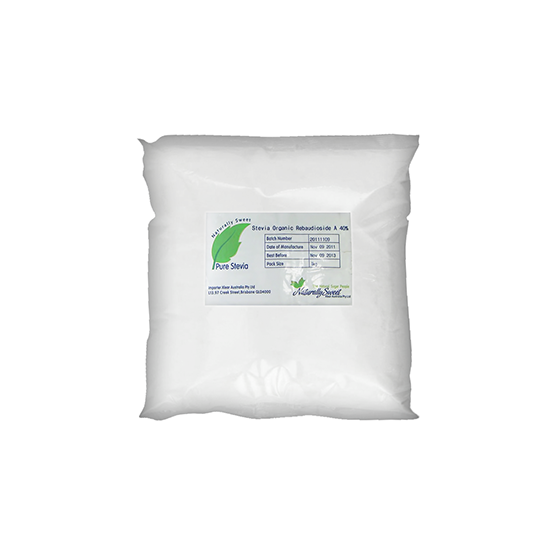 Naturally Sweet Bulk Organic Rebaudioside A 97% (OREBA97) 1000gNaturally Sweet Bulk Organic Rebaudioside A 97% (OREBA97) 1000g
Naturally Sweet Bulk Organic Rebaudioside A 97% (OREBA97) 1000gNaturally Sweet Bulk Organic Rebaudioside A 97% (OREBA97) 1000g- Regular price
-
$295.95 - Regular price
-
RRP:
$329.95 - Sale price
-
$295.95
-
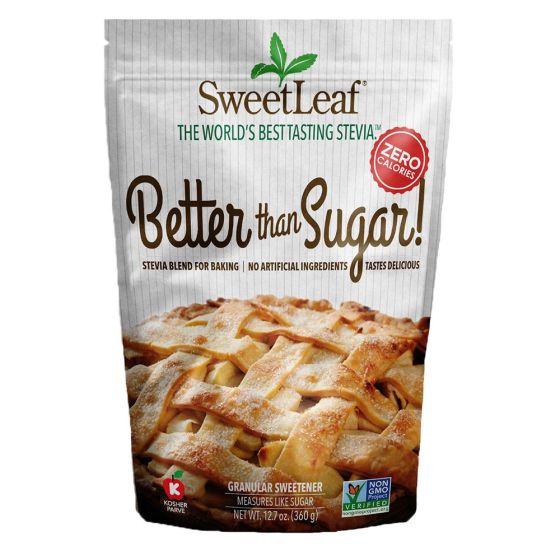 Better Than Sugar! Granular Baking Blend 360gBetter Than Sugar! Granular Baking Blend 360g
Better Than Sugar! Granular Baking Blend 360gBetter Than Sugar! Granular Baking Blend 360g- Regular price
-
$8.63 - Regular price
-
RRP:
$17.25 - Sale price
-
$8.63
-
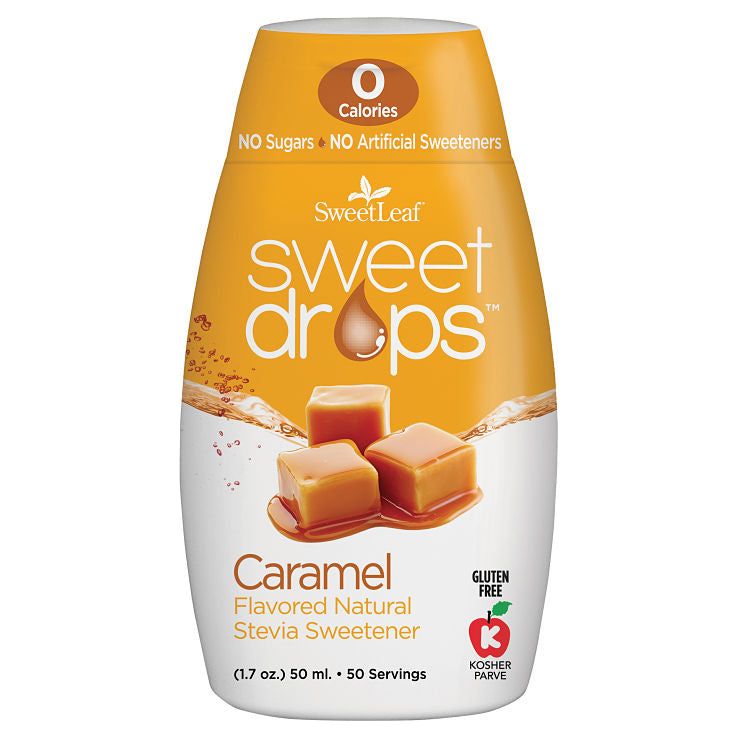 SweetLeaf Stevia Liquid Caramel Sweet Drops 50mlSweetLeaf Stevia Liquid Caramel Sweet Drops 50ml
SweetLeaf Stevia Liquid Caramel Sweet Drops 50mlSweetLeaf Stevia Liquid Caramel Sweet Drops 50ml- Regular price
-
$8.95 - Regular price
-
RRP:
$11.95 - Sale price
-
$8.95
-
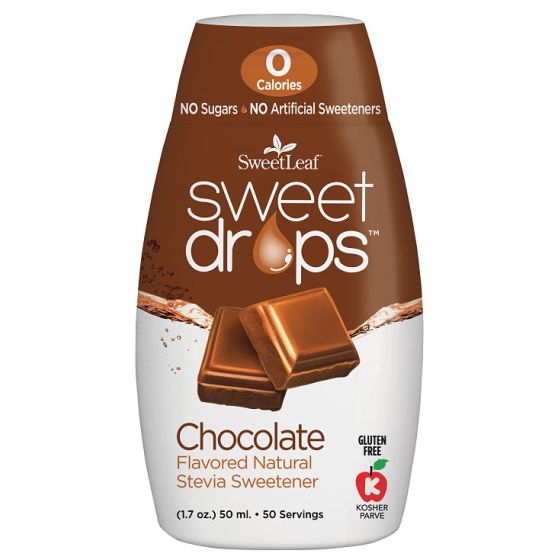 SweetLeaf Stevia Liquid Chocolate Sweet Drops 50mlSweetLeaf Stevia Liquid Chocolate Sweet Drops 50ml
SweetLeaf Stevia Liquid Chocolate Sweet Drops 50mlSweetLeaf Stevia Liquid Chocolate Sweet Drops 50ml- Regular price
-
$8.95 - Regular price
-
RRP:
$11.95 - Sale price
-
$8.95
-
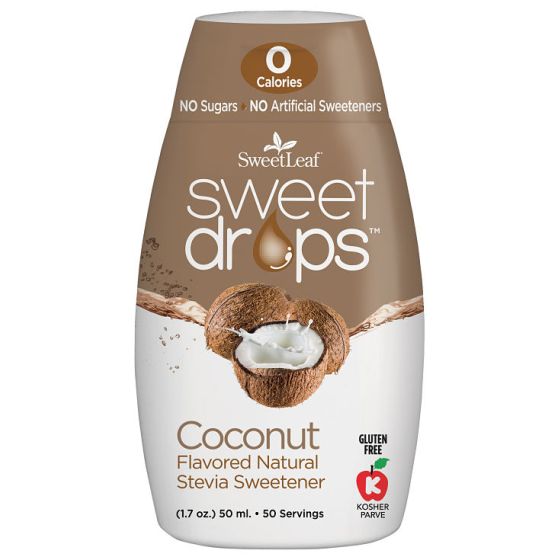 SweetLeaf Stevia Liquid Coconut Sweet Drops 50mlSweetLeaf Stevia Liquid Coconut Sweet Drops 50ml
SweetLeaf Stevia Liquid Coconut Sweet Drops 50mlSweetLeaf Stevia Liquid Coconut Sweet Drops 50ml- Regular price
-
$8.95 - Regular price
-
RRP:
$11.95 - Sale price
-
$8.95
-
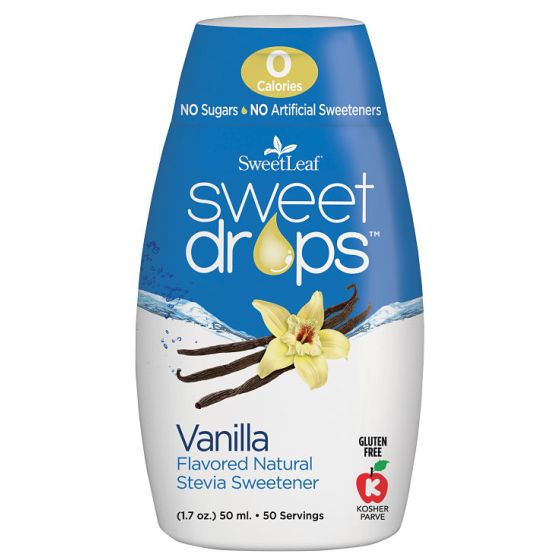 SweetLeaf Stevia Liquid Vanilla Creme Sweet Drop 50mlSweetLeaf Stevia Liquid Vanilla Creme Sweet Drop 50ml
SweetLeaf Stevia Liquid Vanilla Creme Sweet Drop 50mlSweetLeaf Stevia Liquid Vanilla Creme Sweet Drop 50ml- Regular price
-
$8.95 - Regular price
-
RRP:
$11.95 - Sale price
-
$8.95
-
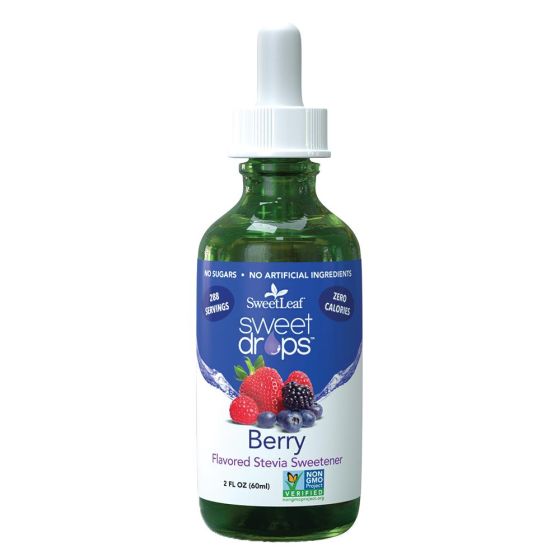 SweetLeaf Stevia Liquid Berry Sweet Drops 60mlSweetLeaf Stevia Liquid Berry Sweet Drops 60ml
SweetLeaf Stevia Liquid Berry Sweet Drops 60mlSweetLeaf Stevia Liquid Berry Sweet Drops 60ml- Regular price
-
$17.95 - Regular price
-
RRP:
$22.50 - Sale price
-
$17.95
-
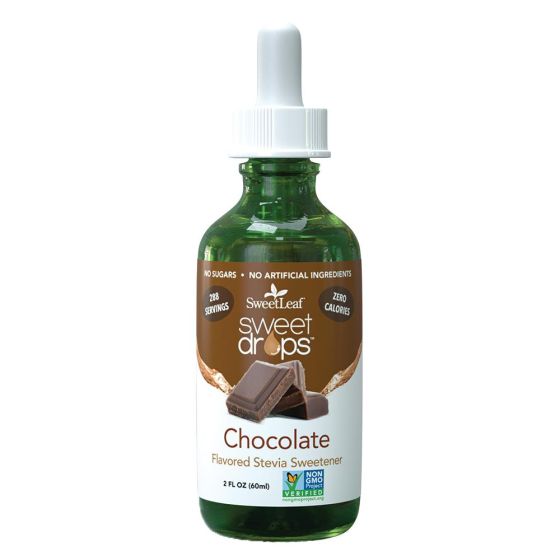 SweetLeaf Stevia Liquid Chocolate Sweet Drops 60mlSweetLeaf Stevia Liquid Chocolate Sweet Drops 60ml
SweetLeaf Stevia Liquid Chocolate Sweet Drops 60mlSweetLeaf Stevia Liquid Chocolate Sweet Drops 60ml- Regular price
-
$17.95 - Regular price
-
RRP:
$22.50 - Sale price
-
$17.95
-
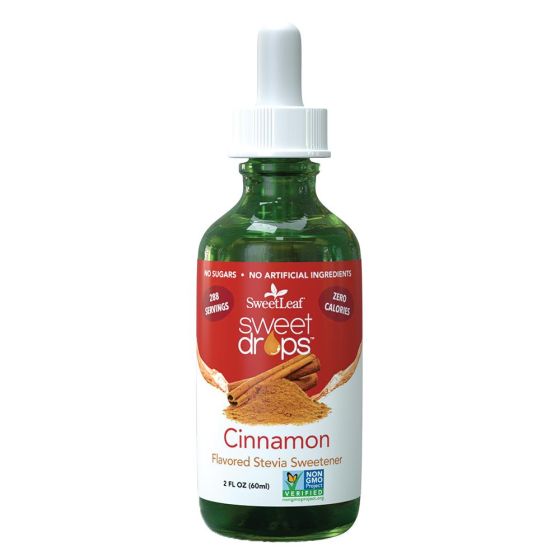 SweetLeaf Stevia Liquid Cinnamon Sweet Drops 60mlSweetLeaf Stevia Liquid Cinnamon Sweet Drops 60ml
SweetLeaf Stevia Liquid Cinnamon Sweet Drops 60mlSweetLeaf Stevia Liquid Cinnamon Sweet Drops 60ml- Regular price
-
$17.95 - Regular price
-
RRP:
$22.50 - Sale price
-
$17.95
-
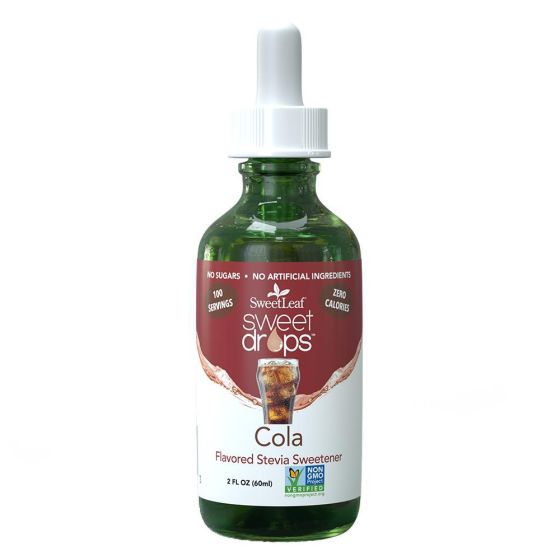 SweetLeaf Stevia Liquid Cola Sweet Drops 60mlSweetLeaf Stevia Liquid Cola Sweet Drops 60ml
SweetLeaf Stevia Liquid Cola Sweet Drops 60mlSweetLeaf Stevia Liquid Cola Sweet Drops 60ml- Regular price
-
$17.95 - Regular price
-
RRP:
$22.50 - Sale price
-
$17.95
-
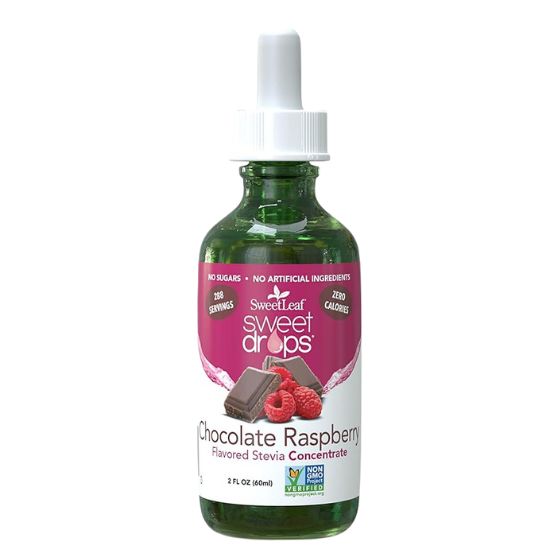 SweetLeaf Stevia Liquid Chocolate Raspberry Sweet Drops 60mlSweetLeaf Stevia Liquid Chocolate Raspberry Sweet Drops 60ml
SweetLeaf Stevia Liquid Chocolate Raspberry Sweet Drops 60mlSweetLeaf Stevia Liquid Chocolate Raspberry Sweet Drops 60ml- Regular price
-
$17.95 - Regular price
-
RRP:
$22.50 - Sale price
-
$17.95
-
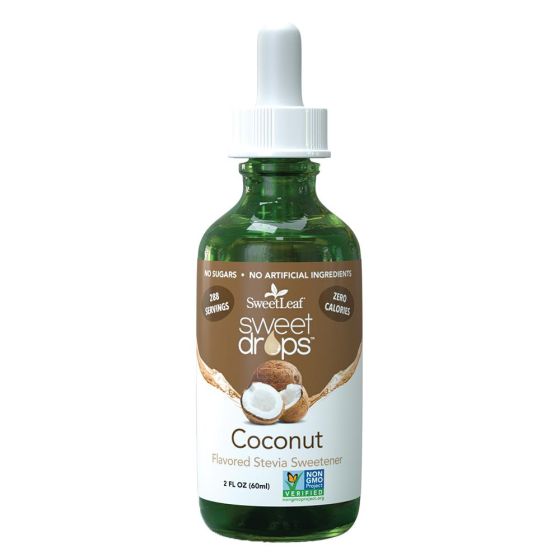 SweetLeaf Stevia Liquid Coconut Sweet Drops 60mlSweetLeaf Stevia Liquid Coconut Sweet Drops 60ml
SweetLeaf Stevia Liquid Coconut Sweet Drops 60mlSweetLeaf Stevia Liquid Coconut Sweet Drops 60ml- Regular price
-
$17.95 - Regular price
-
RRP:
$22.50 - Sale price
-
$17.95
-
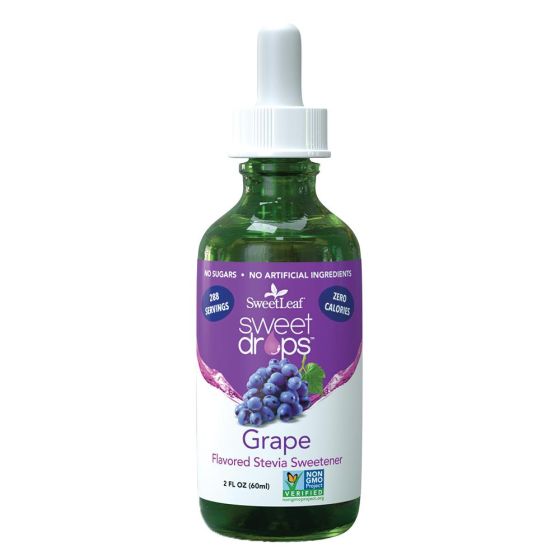 SweetLeaf Stevia Liquid Grape Sweet Drops 60mlSweetLeaf Stevia Liquid Grape Sweet Drops 60ml
SweetLeaf Stevia Liquid Grape Sweet Drops 60mlSweetLeaf Stevia Liquid Grape Sweet Drops 60ml- Regular price
-
$17.95 - Regular price
-
RRP:
$22.50 - Sale price
-
$17.95
-
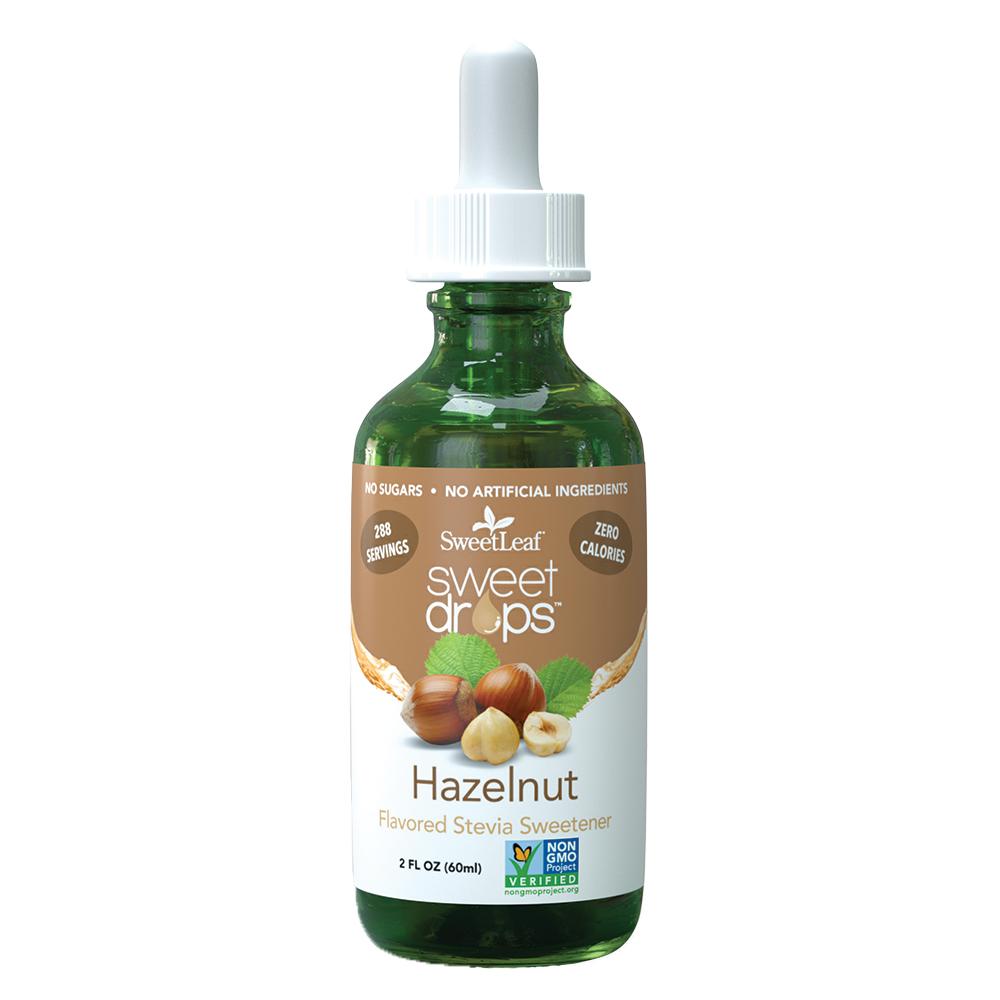 SweetLeaf Stevia Liquid Hazelnut Sweet Drops 60mlSweetLeaf Stevia Liquid Hazelnut Sweet Drops 60ml
SweetLeaf Stevia Liquid Hazelnut Sweet Drops 60mlSweetLeaf Stevia Liquid Hazelnut Sweet Drops 60ml- Regular price
-
$17.95 - Regular price
-
RRP:
$22.50 - Sale price
-
$17.95
-
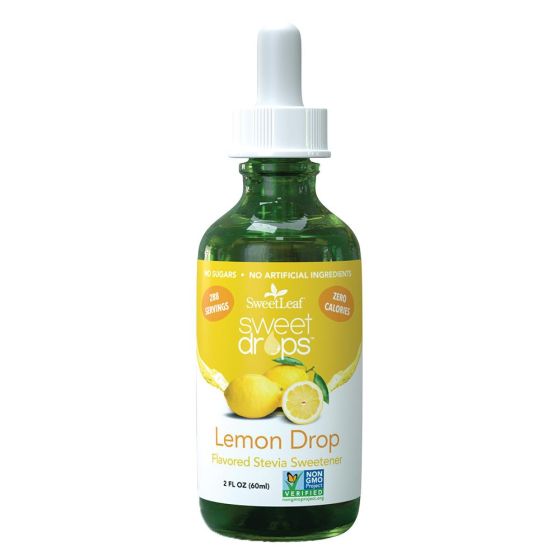 SweetLeaf Stevia Liquid Lemon Sweet Drops 60mlSweetLeaf Stevia Liquid Lemon Sweet Drops 60ml
SweetLeaf Stevia Liquid Lemon Sweet Drops 60mlSweetLeaf Stevia Liquid Lemon Sweet Drops 60ml- Regular price
-
$17.95 - Regular price
-
RRP:
$22.50 - Sale price
-
$17.95
-
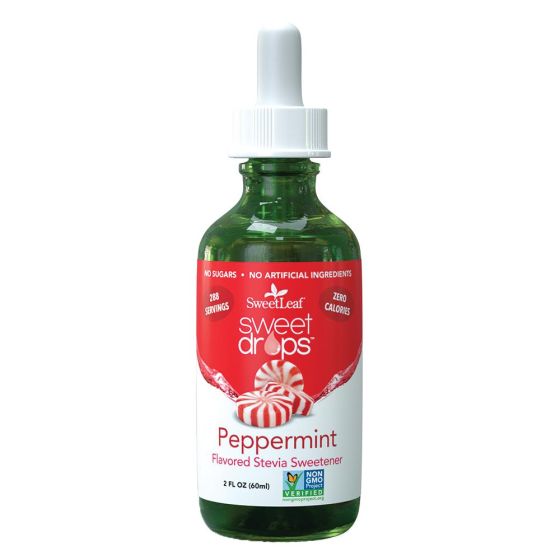 SweetLeaf Stevia Liquid Peppermint Sweet Drops 60mlSweetLeaf Stevia Liquid Peppermint Sweet Drops 60ml
SweetLeaf Stevia Liquid Peppermint Sweet Drops 60mlSweetLeaf Stevia Liquid Peppermint Sweet Drops 60ml- Regular price
-
$17.95 - Regular price
-
RRP:
$22.50 - Sale price
-
$17.95
-
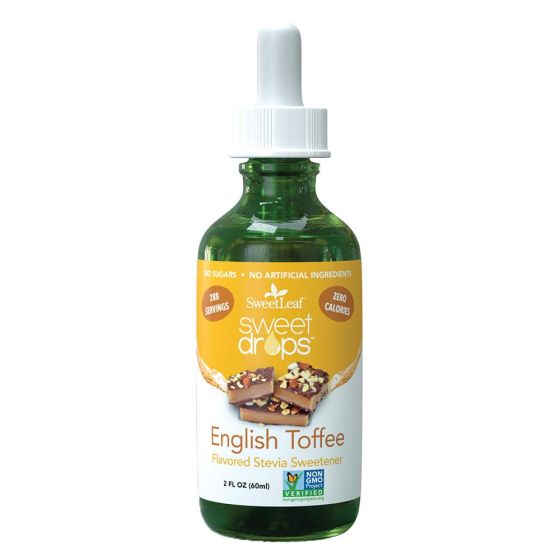 SweetLeaf Stevia Liquid English Toffee Sweet Drops 60mlSweetLeaf Stevia Liquid English Toffee Sweet Drops 60ml
SweetLeaf Stevia Liquid English Toffee Sweet Drops 60mlSweetLeaf Stevia Liquid English Toffee Sweet Drops 60ml- Regular price
-
$17.95 - Regular price
-
RRP:
$22.50 - Sale price
-
$17.95
-
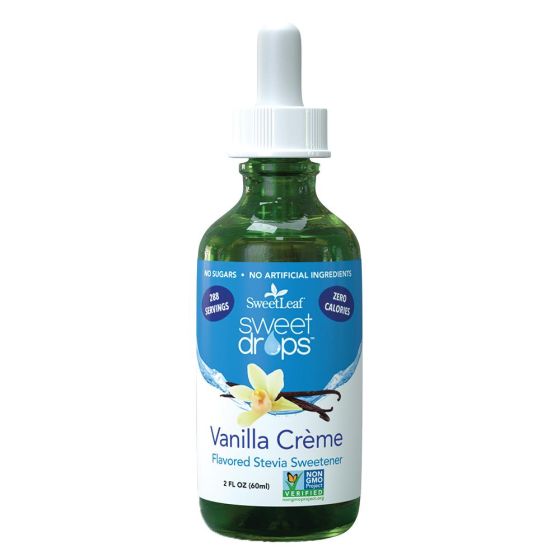 SweetLeaf Stevia Liquid Vanilla Creme Sweet Drops 60mlSweetLeaf Stevia Liquid Vanilla Creme Sweet Drops 60ml
SweetLeaf Stevia Liquid Vanilla Creme Sweet Drops 60mlSweetLeaf Stevia Liquid Vanilla Creme Sweet Drops 60ml- Regular price
-
$17.95 - Regular price
-
RRP:
$22.50 - Sale price
-
$17.95
-
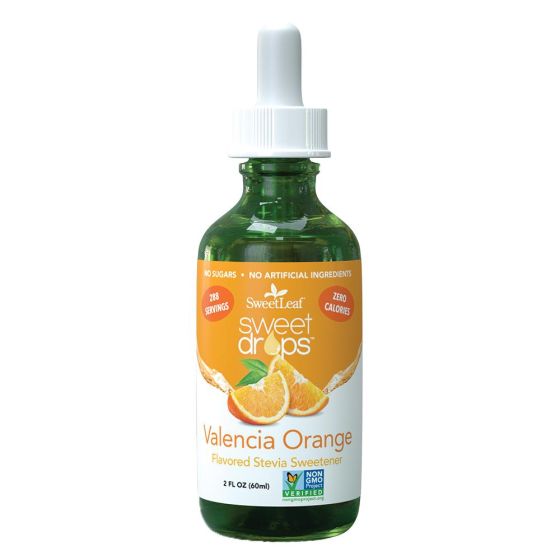 SweetLeaf Stevia Liquid Valencia Orange Sweet Drops 60mlSweetLeaf Stevia Liquid Valencia Orange Sweet Drops 60ml
SweetLeaf Stevia Liquid Valencia Orange Sweet Drops 60mlSweetLeaf Stevia Liquid Valencia Orange Sweet Drops 60ml- Regular price
-
$17.95 - Regular price
-
RRP:
$22.50 - Sale price
-
$17.95






